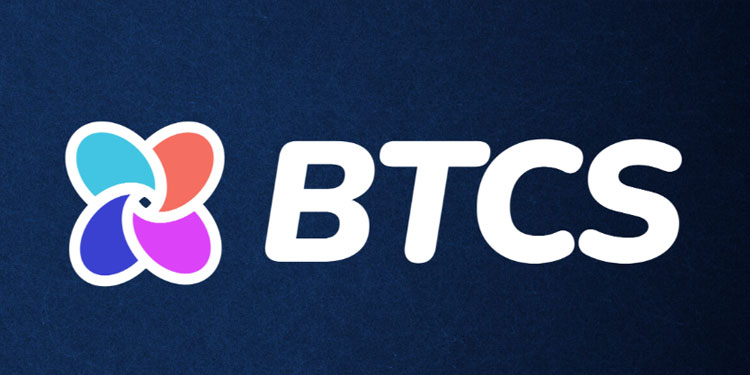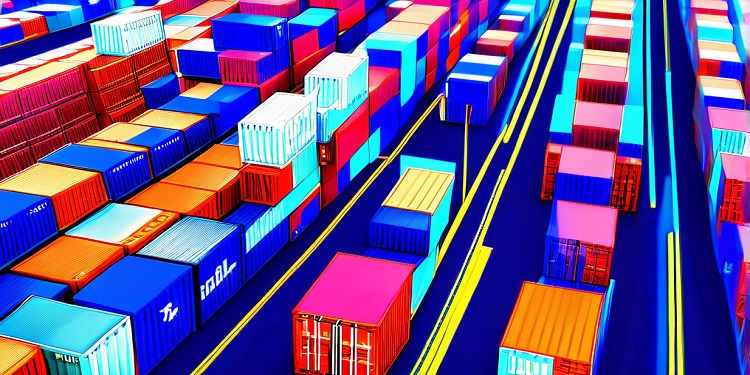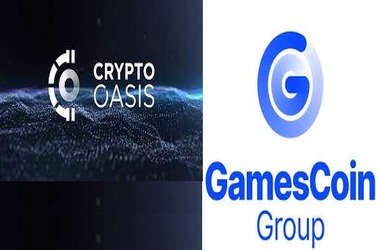 In a statement, BTCS Inc., a blockchain technology-focused corporation, announced the inclusion of Polygon to its blockchain framework operations. It used to be known as MATIC Network, but Polygon is currently an $11 billion layer-2 scaling platform for the Ethereum network. Polygon’s goal since its inception in 2017 has been to enhance Ethereum by reducing the cost of gas and speeding up transaction times.
In a statement, BTCS Inc., a blockchain technology-focused corporation, announced the inclusion of Polygon to its blockchain framework operations. It used to be known as MATIC Network, but Polygon is currently an $11 billion layer-2 scaling platform for the Ethereum network. Polygon’s goal since its inception in 2017 has been to enhance Ethereum by reducing the cost of gas and speeding up transaction times.
When it comes to Ethereum scaling, Polygon offers a broad spectrum of tools to aid with non-fungible tokens, metaverse, and decentralized finance, as well as the accompanying transaction volume. Polygon is a layer-2 network that serves as an additional layer on top of the Ethereum blockchain. To put it another way, Polygon is an extension of the Ethereum blockchain that extends Ethereum’s capabilities by interacting with the Ethereum network.
240 validator nodes (similar to bitcoin mining) and 8,206 ETH have been staked to secure Ethereum’s consensus layer along with Polygon. Real time and low-cost transactions are the norm on Polygon.
Real-world illustrations of Polygon’s uses include payoffs and loans, as well as gaming. Michael Prevoznik, Chief Financial Officer of BTCS, stated “As of now, Polygon is centered on Ethereum, but it wants to promote additional blockchains and allow cross-chain compatibility across other protocols.”
Scaling systems on Polygon are responsible for approximately $5 billion in protected assets, 7,000 apps, 1 billion or more trades, and 100 million distinct user addresses in aggregate. As part of its Staking-as-a-Service platform, BTCS has finished the technical task required to operate the Polygon validation node. In order to validate blockchains, it is necessary to use IP, technological know-how, and routine maintenance. With 456,445 MATIC in the bank, BTCS has amassed a growing profit.
While validator node operators receive an annual percentage yield (“APY”) on the staked assets of their customers, staked asset payouts are subject to a charge in top of the APY. BTCS’ Staking-as-a-Service platform is based on the idea that staking MATIC and enabling users to stake MATIC to receive token payouts are both extremely scalable.








